This is a bit of an unusual “Off the Map.” Really the post could be titled “On the Move.” Or forwarding address. About the transition of strong German families from their homeland to Russia and eventually to here. Many of them can be found in Nebraska, but of course there are “American Historical Society of Germans from Russia” chapters throughout the United States.
Last week this blog “visited” the official “American Historical Society Germans from Russia” museum. I know the first time that we went to the museum several years ago my perceptions of who this place represented were a bit confused. This group of people would consider themselves Germans despite the fact that they lived in Russia for a long while.
So, if they wanted to be German, why did they move to Russia? The one word answer: destitution. There was not enough land and a whole lot of war recovery going on. (Fighting for one hundred years will do that!) One unexpected person changed the plights of a weary people. Former German princess and current Russian Empress, Catherine the Great.
Catherine the Great’s portrait close by a statue of woman whose life she changed by her giving of land.
With their large families, many Germans had outgrown their farms. Catherine had an abundance of unplowed land, and she needed occupants to fortify her country’s boundaries. In 1863, she issued a life-changing manifesto on July 22nd. I will give you a place to settle. In return, you can make your own settlements, speak your own language and even have your own churches. Plus you can leave at any time and do not have to even fight in Russian conflicts. And this was for life, continuing on to even future generations. This worked out well for all at first – she had people, they had land. The German culture flourished for many years in the Volga River lands.
Until a few generations removed from Catherine. Her grandsons were not so sure about this free land idea. Or people in their country speaking different languages. Russification was the order then – a blending of the conglomeration of people into a massive people group. And not having people living in the country fight for Russia? Unheard of as is evidenced in the document below. And since Russia fought Germany in both wars, this was a definite conflict of interest for these resettled Germans.
While there was more of an influx of these “Germans from Russia” at certain times, really the immigration was often gradual. Coming to America was not always easy. For those who came earlier on, the promise of “free” land was helpful. Yet being separated by 160 acres as was required for homesteaders did not make for a village. The United States did provide opportunities for this group of downtrodden people but did still require a change of lifestyle and even language.
Enough people here in the United States have wanted to stay connected with these genealogical records that the “Germans from Russia” remain a strong group. If you are interested in learning even more, definitely check out the museum in person or read the document at the link below.
This Friday provides even another interactive opportunity. You can attend the Broda Dinner at the WSI Hall (1430 N. 10th St. in Lincoln) this Friday night, November 1st. Dinner will be served from 5-7 PM. “Broda” meals are those that you put in the oven before going to Sunday service then enjoy after church. (Yes – I had to ask. But I recall eating many of these growing up! Thank goodness for oven timers this day and age!) Roast beef, potatoes, vegetables, rye bread, dessert and beverage will be served. The cost for adults is $10 and children (12 & under) are only $5. You can call for tickets in advance (402-489-2583 or 402-420-9580). Or just show up at the door.
They will be having a quilt raffle. Tickets for this will be available at the dinner. If you want to see the quilt up close (beyond just the picture below), the beautifully crafted covering is on display at the museum.
The “fan” quilt is on permanent display at the museum. The sunny yellow floral quilt is the one being raffled off.
A big thank you to the “American Historical Society of Germans from Russia” museum for letting me sneak in to take some updated pictures. And for answering all of my questions right at closing time!
Additional research for this article was found at the NDSU “Germans from Russia Heritage Collection.” Hopefully I summarized their information in an accurate way!

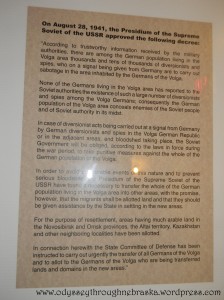

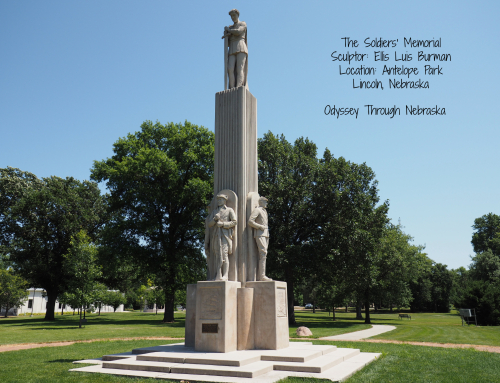
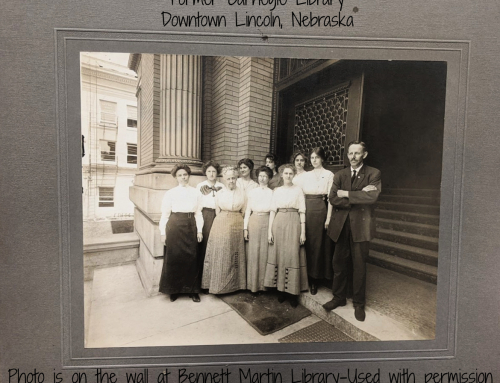
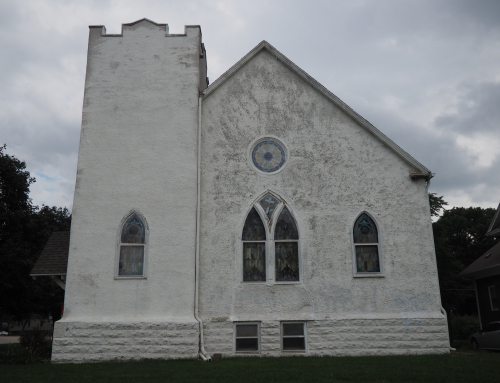
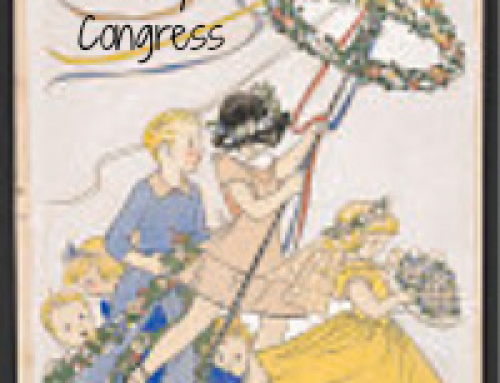

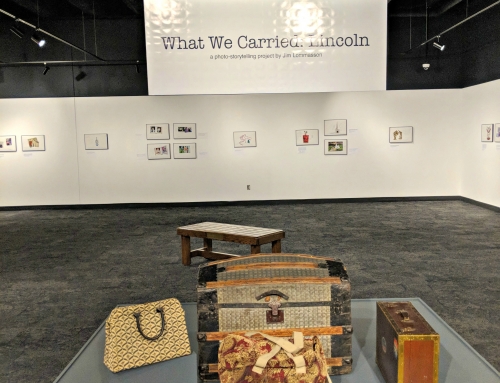
Leave A Comment